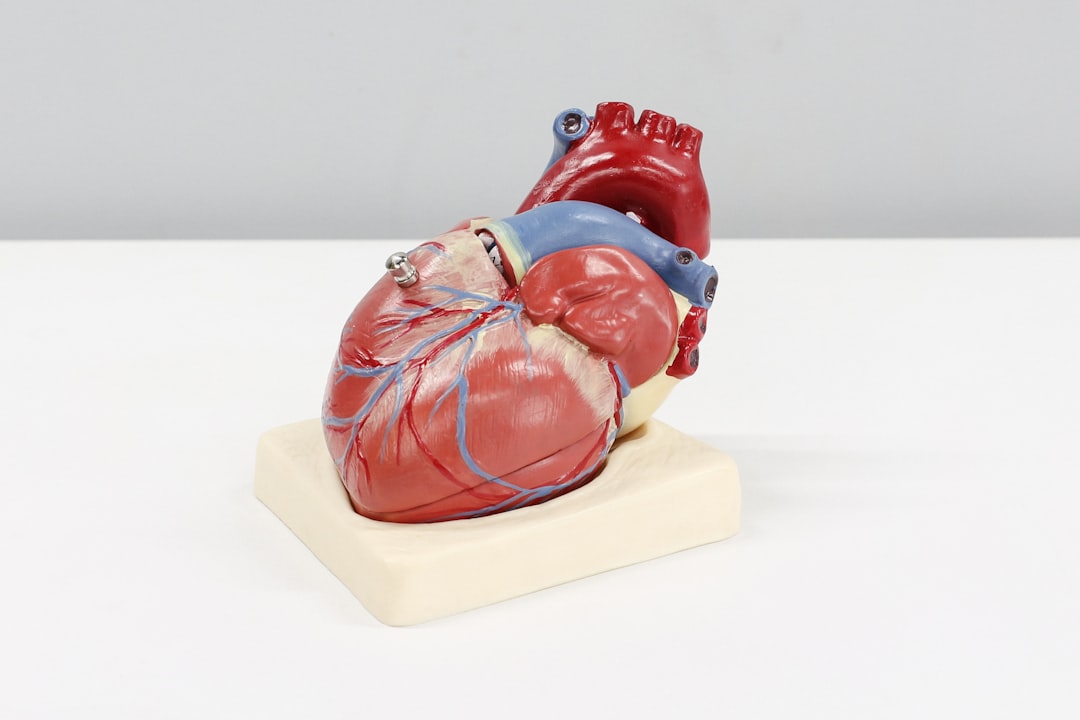Electrophysiology is the study of the electrical properties of biological cells and tissues. It covers a wide range of topics from cardiac physiology to single-cell physiology. Electrophysiology has many applications, from understanding how medications work to studying the electrical signals that control heartbeats and neuron firing. Patients are often referred to an electrophysiologist when they are experiencing symptoms related to the heart or cardiovascular system to identify what is causing them. They do this in a number of ways, depending on what information the doctor needs. If you want to know what to expect, read on to learn about some of the most common electrophysiology procedures.
What are some common electrophysiology procedures?

First, if you’re in beed of an electrophysiologist, you might be wondering how to find one in your area. Depending on what type fo health insurance plan you have, you may need your primary care doctor to refer you to an electrophysiologist. If you don’t have a specific recommendation from your PCP, a quick search for “electrophysiology near me” is a good place to start. You’ll be able to find details about all of the qualified doctors in your area and read through real patient experiences to help you get a better idea of what to expect.
One common electrophysiology procedure is the electrocardiogram, or ECG. An ECG will record the electrical activity of your heart. This information is then used to see how well the heart is working and look for damage to the heart muscle. An echocardiogram is a similar procedure, but uses ultrasound technology to image the heart and detect and diagnose heart disease. Echocardiograms can assess heart function as well. Electrocardiograms and echocardiograms are diagnostic procedures, but electrophysiologists also treat existing heart conditions.
Radiofrequency ablation is a non-invasive medical procedure that uses high-frequency electrical current to destroy tissue. In electrophysiology, it is used to eliminate tissue that is causing an arrhythmia or irregular heartbeat. Ablations can also be performed in a different procedure known as catheter ablation. The two procedures differ in the type of energy that is used to destroy the tissue. Catheter ablation uses heat to destroy the tissue, while radiofrequency ablation uses electricity. Catheter ablation is also minimally invasive, using a catheter to deliver heart to certain areas in the heart. Which procedure is best depends on the type of arrhythmia and its underlying cause.
How can you improve your heart health?

While you should always seek help when you need it, we should all pay attention to our heart health so we’re less likely to need an electrophysiologist’s services. A heart healthy diet is important for everyone, but it is especially so for people who have heart disease or are at risk for heart disease. There are many heart-healthy foods that you can eat. Some of the most common include fruits, vegetables, whole grains, low-fat dairy products, and lean meats. These foods are packed with antioxidants, fiber, vitamins, and minerals that are good for your heart.
Sleep is a necessary part of your overall health and wellbeing, but it needs to be a priority if you have a heart condition. Lack of sleep can increase your risk of heart disease in a few ways. The most obvious effect is that it can increase your blood pressure and heart rate. Lack of sleep has also been proven to trigger the production of cortisol, a hormone that causes the body stress. Excess cortisol production can eventually damage your heart, especially over a long period of time. If you continue to have trouble sleeping, talk to your doctor. They may be able to help you find the root of the problem and recommend treatment options.
Electrophysiology is a critical medical discipline when it comes to diagnosing heart problems and caring for patients who have conditions like arrhythmia. If you need a diagnosis, your doctor will likely recommend an electrocardiogram or an echocardiogram, then use the data to identify what is causing the symptoms you’re experiencing. Patients who have a diagnosed arrhythmia also see these specialists for ablations to removed damaged tissue. Proper medical treatment is required, but you should also take better care of your heart in your everyday life. Adjusting your diet and lifestyle habits can significantly improve overall heart health.